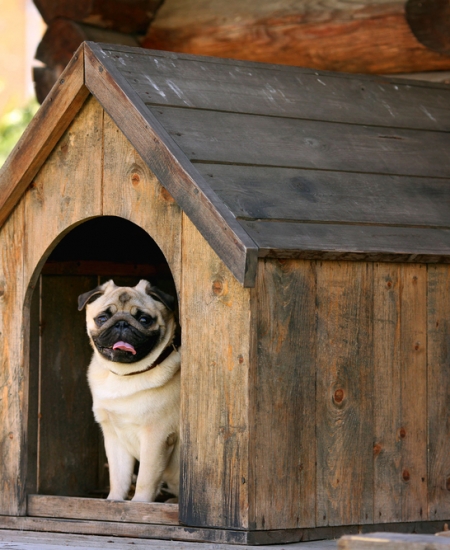
Renting out part of your home
If you rent out part or all of your home, the rent money you receive is generally regarded as assessable income. This means:
- you must declare your rental income in your income tax return, and you can claim deductions for the associated expenses
- you may not be entitled to the full main residence exemption from capital gains tax (CGT), which means you’ll have to pay CGT on part of any capital gain made when you sell your home.
Goods and services tax (GST) doesn’t apply to residential rents, so you’re not liable for GST on the rent you charge, but also you can’t claim GST credits for associated costs.
Income and Expenses
If you rent out part or all of your home at normal commercial rates, the tax treatment of income and expenses is the same as for any residential rental property. This means you must include the rental income in your income tax return, and you can claim income tax deductions for associated expenses, such as the interest on your home loan.
If you are only renting part of your home, for example a single room, you can only claim expenses related to renting out that part of the house. This means you cannot claim the total amount of the expenses – you need to apportion the expenses.
As a general guide, you should apportion expenses on a floor-area basis based on the area solely occupied by the renter (user), and add that to a reasonable amount based on their access to common areas.
You can only claim expenses for when the room was rented. If you use the room in any capacity, for example for storage or as an office when you do not have guests staying, then the ATO will generally not allow deductions for expenses when the room is not occupied.
If you rent out part or all of your home at less than normal commercial rates – mates rates for example, or to a relative – this may limit the deductions you can claim.
Note that payments from a family member for board or lodging are considered to be domestic arrangements and are not rental income. In these situations, you also can’t claim income tax deductions.
Capital Gains Tax
Generally, you don’t pay CGT if you sell the home you live in (under the main residence exemption).
However, if you’ve used any part of your home to produce income – for example, by renting out part or all of it – you’re generally not entitled to the full exemption.
To work out the capital gain that is not exempt, you need to take into account a number of factors, including but not limited to:
- proportion of the floor area that is set aside to produce income
- period you use it for this purpose
- whether you’re eligible for what the ATO calls the “absence” rule (ask us about this).
You can ask for our help to work out the proportion of your capital gain that is exempt from capital gains tax.
You might also want to read this Tax and working from home.